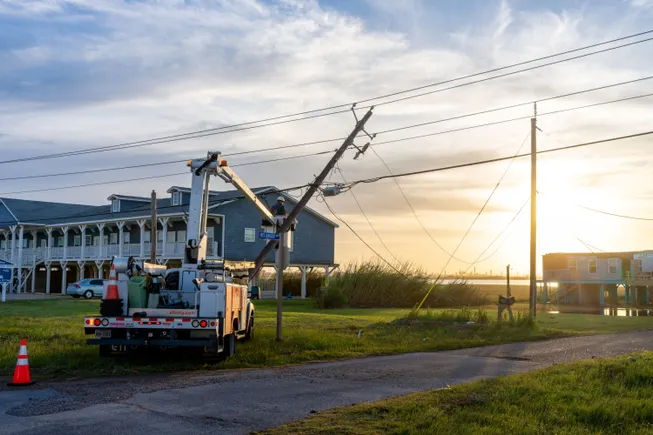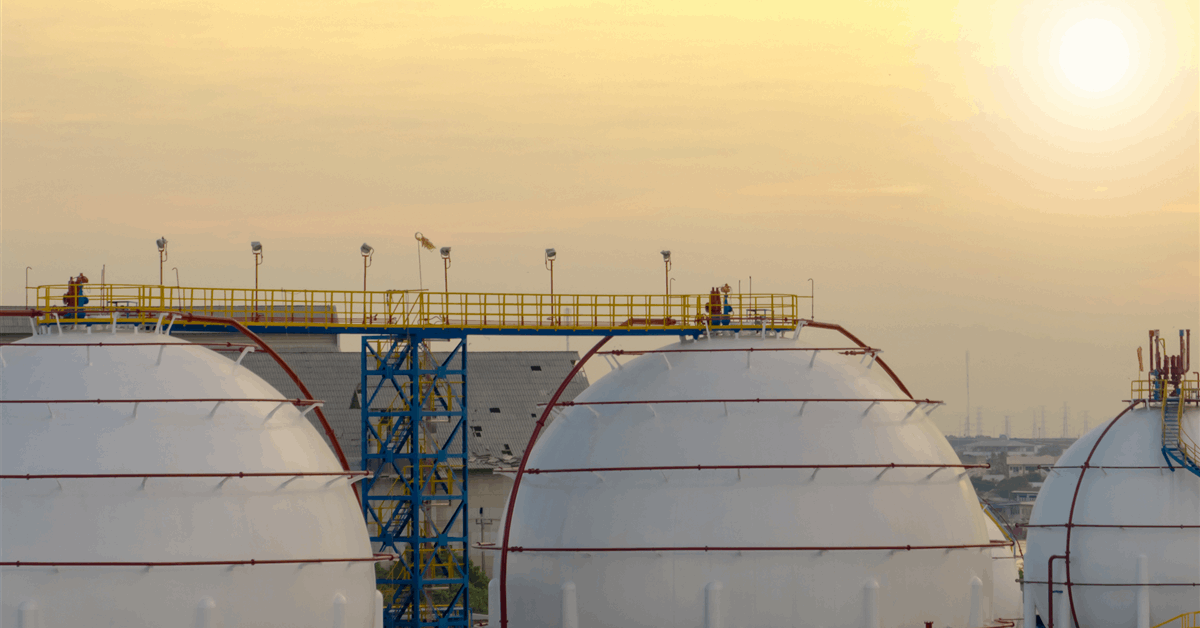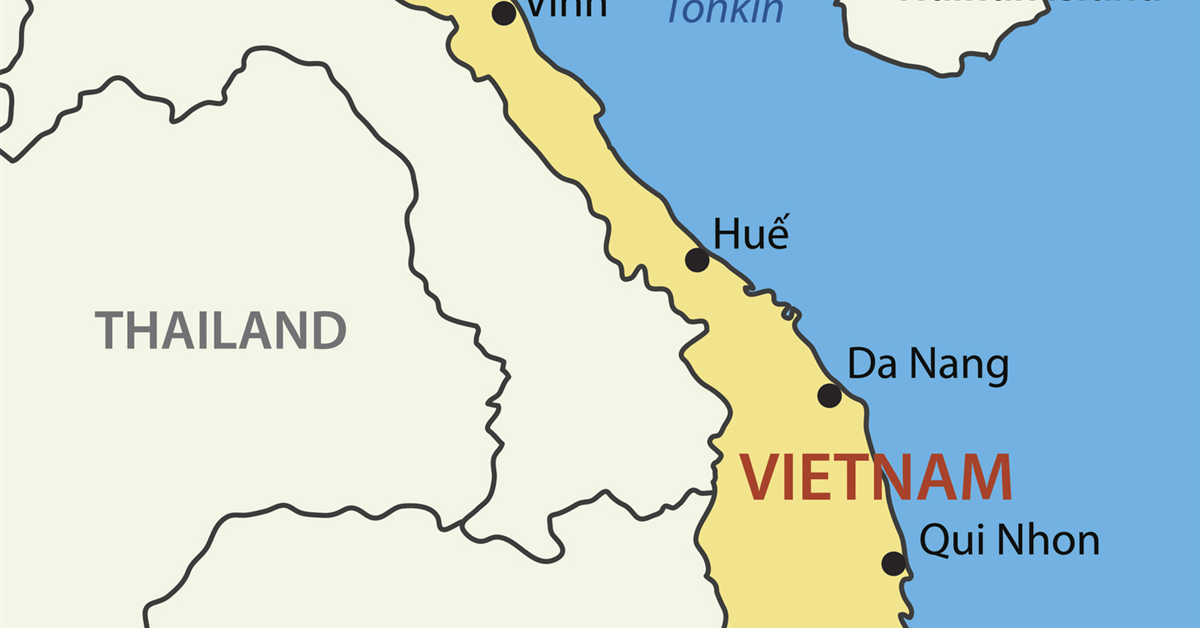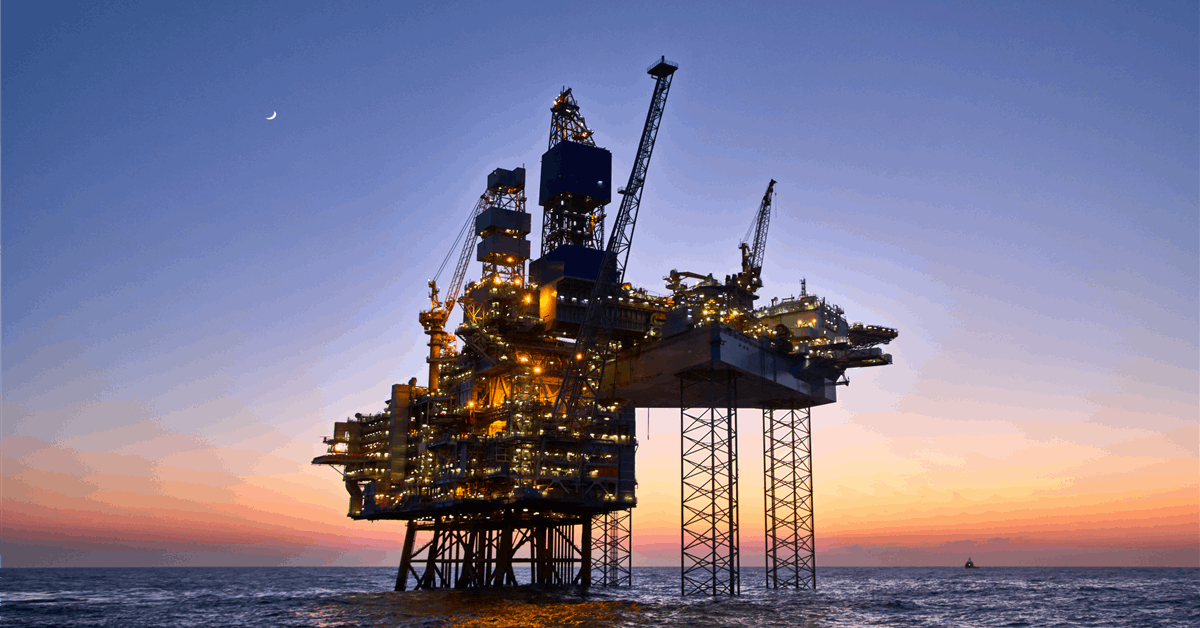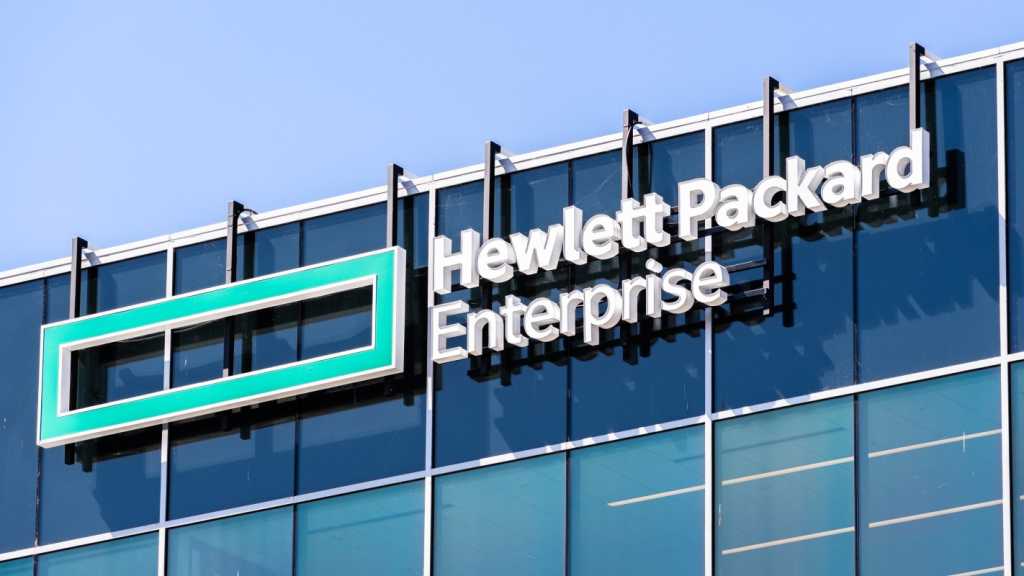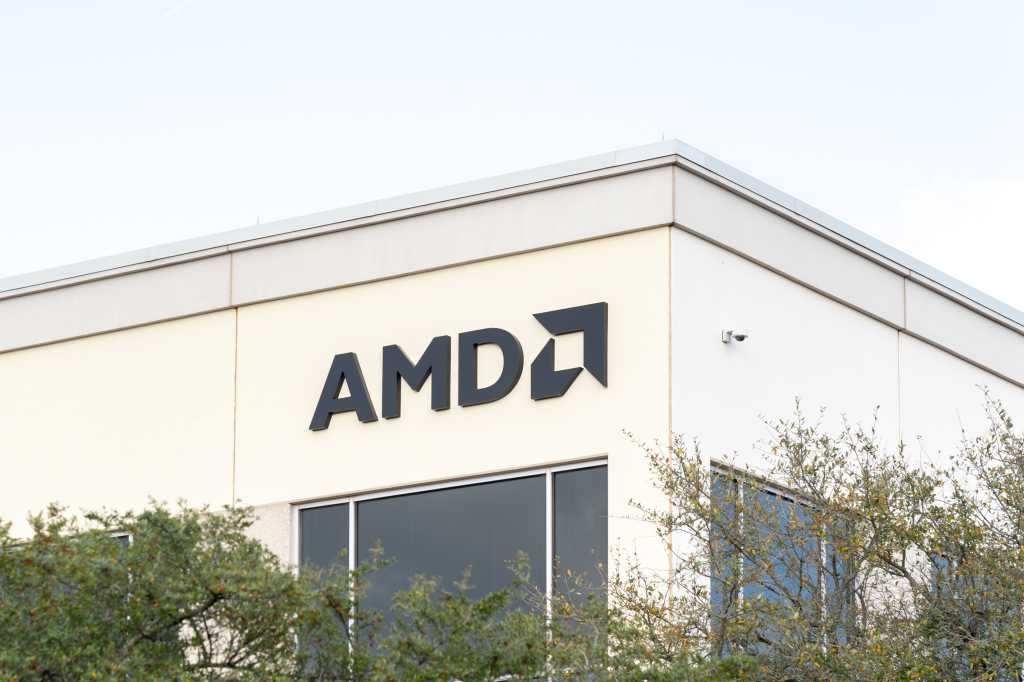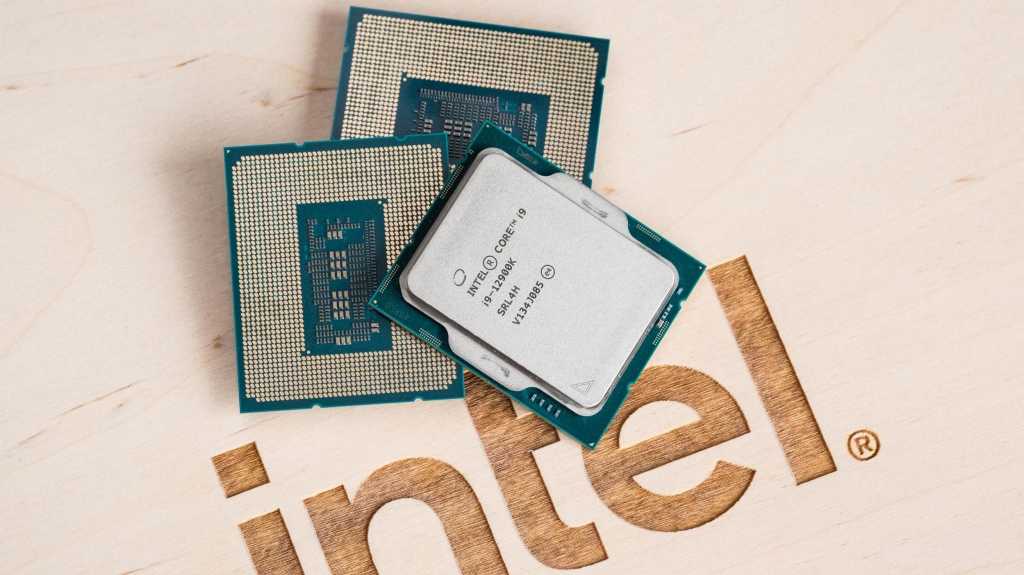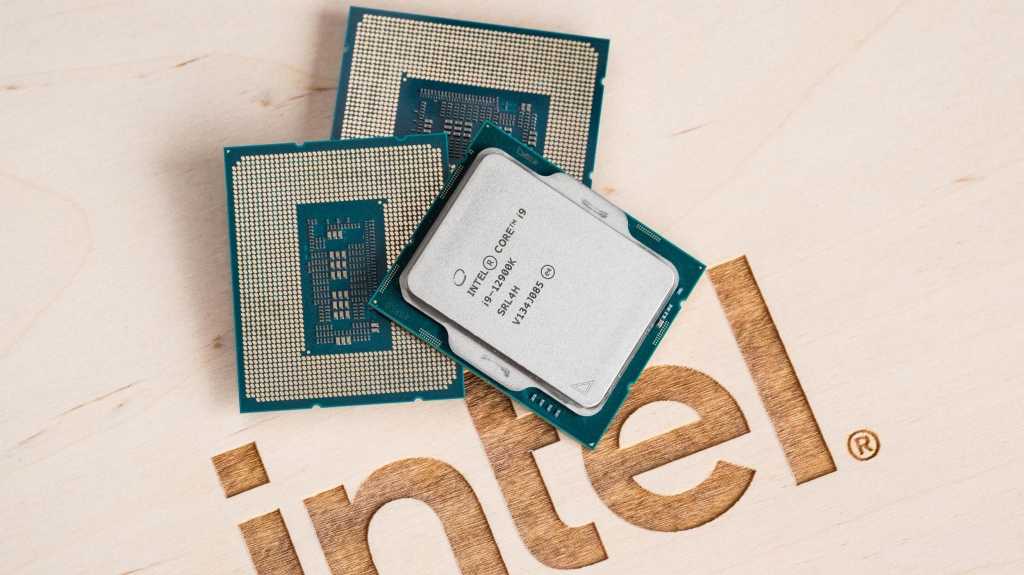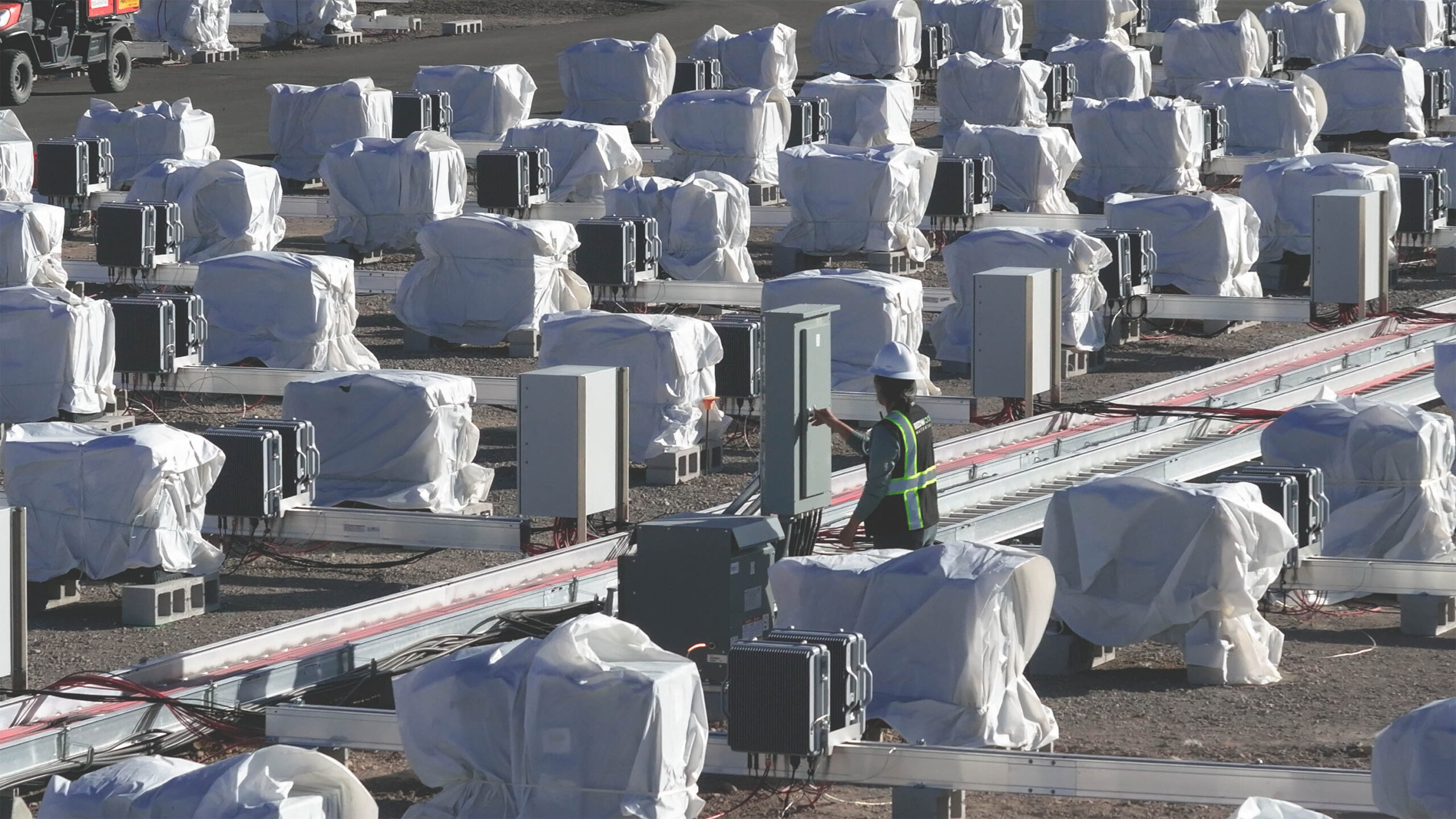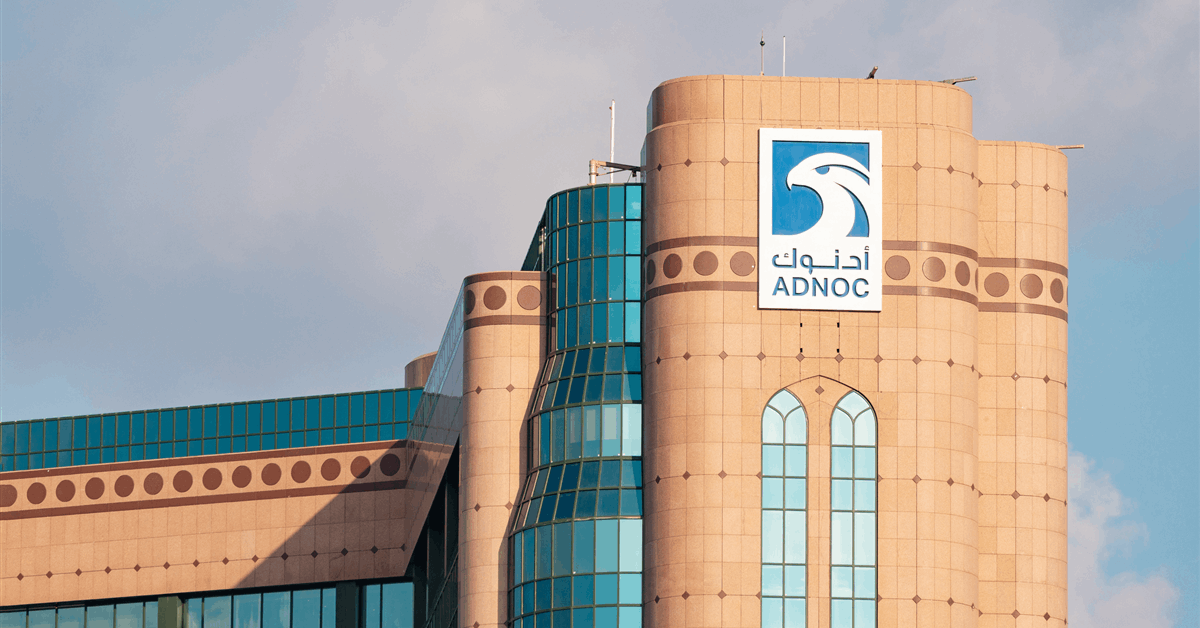
An unexpected move by the United Arab Emirates to cut volumes of a key oil grade sold to project partners including BP Plc and TotalEnergies SE is set to put a dent in some trading books.
The hit stems from a mismatch in positions taken in the derivatives market to hedge against their expected supply of Murban crude for July, according to people familiar with the matter. The discrepancy may have led to losses as high as $12 a barrel for some equity shareholders, which is considered steep given profits can be as little as a few cents for each barrel, they added.
It’s unclear why state-owned Abu Dhabi National Oil Co. allocated volumes that were lower than contracted levels to international partners, but the reduction was not related to production constraints, the people said, asking not to be identified because they’re not authorized to speak on the matter.
Adnoc declined to comment. The six partners in the UAE’s onshore production – BP, TotalEnergies, China National Petroleum Corp., Inpex Corp., Zhenhua Oil Co., and GS Energy Corp. – did not respond to requests for comment.
The size of the cuts was outside the so-called operational-tolerance clause in contracts, which only allows for a small variance in volume, according to the people. The reduction translates to cargoes around 20 percent smaller on average than the standard 500,000-barrel shipment, they added.
According to estimates from traders, equity partners that chose to fill their net-short positions after they were informed of lower volumes could have locked in a loss of as much as $12 a barrel, compared with official selling prices. At the time, oil had surged due to the conflict between Israel and Iran.
There’s precedent for Adnoc cutting volumes, such as when OPEC+ shaved output quotas to manage prices, but those curbs were smaller and changes better-telegraphed through policy communiques. The reduction for July was estimated at around 3 million barrels, the people said.
The move is also likely to ripple across trading platforms run by S&P Global Commodity Insights and the ICE Futures Abu Dhabi, also known as IFAD, where Murban can be bought and sold. Equity shareholders that have sold the grade using those platforms will need to make up any shortfall or risk not meeting contractual terms.
What do you think? We’d love to hear from you, join the conversation on the
Rigzone Energy Network.
The Rigzone Energy Network is a new social experience created for you and all energy professionals to Speak Up about our industry, share knowledge, connect with peers and industry insiders and engage in a professional community that will empower your career in energy.

